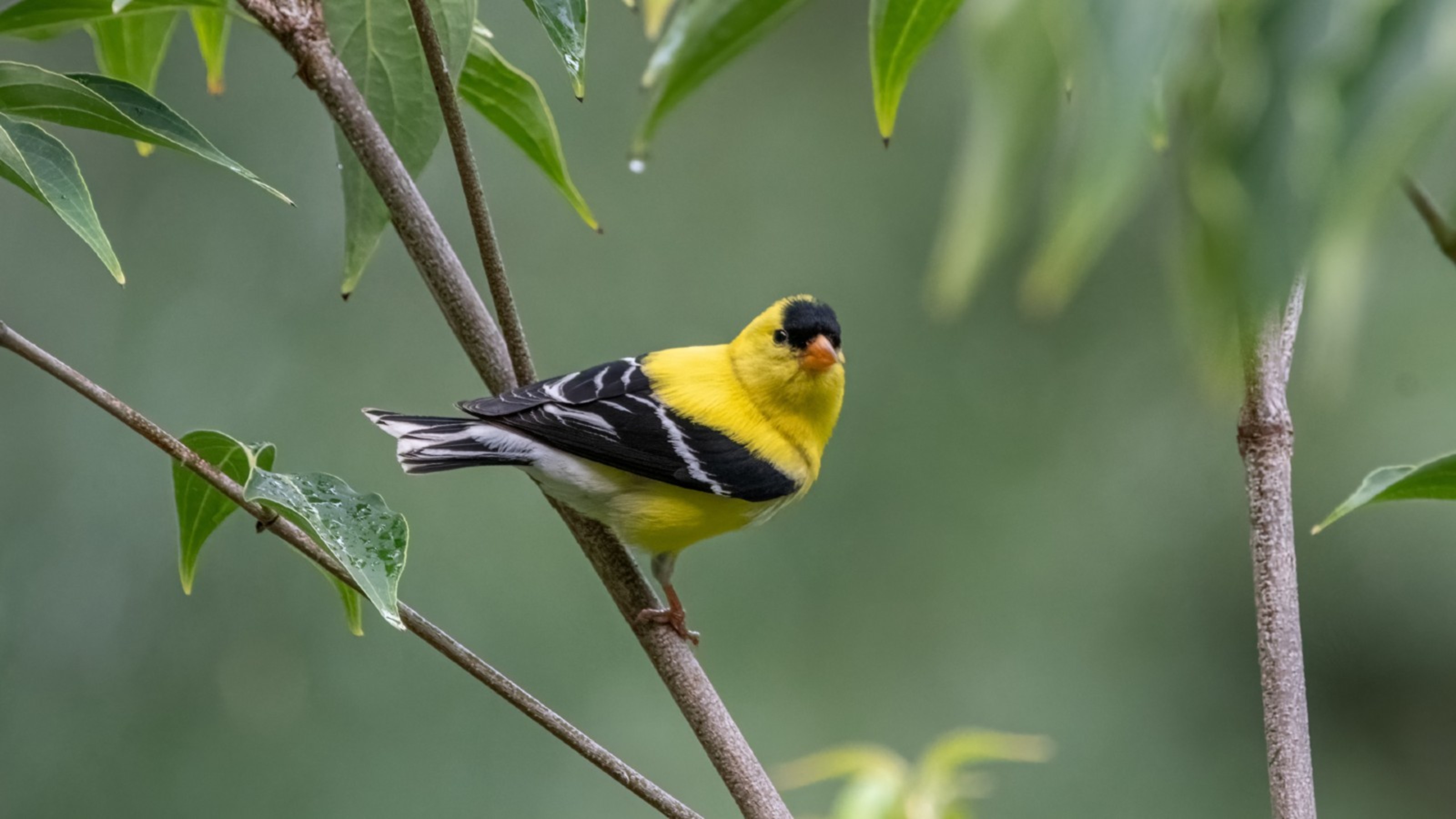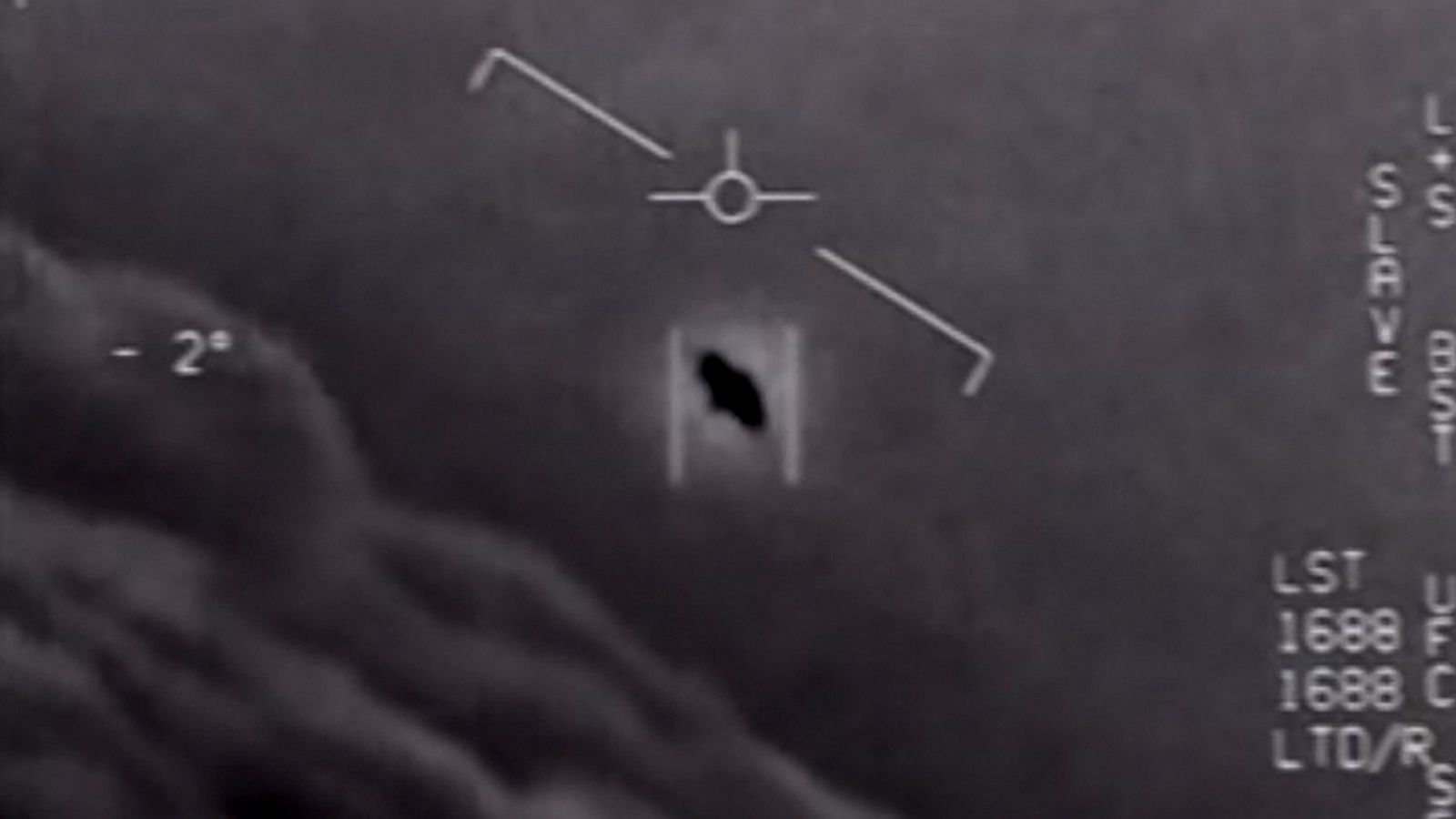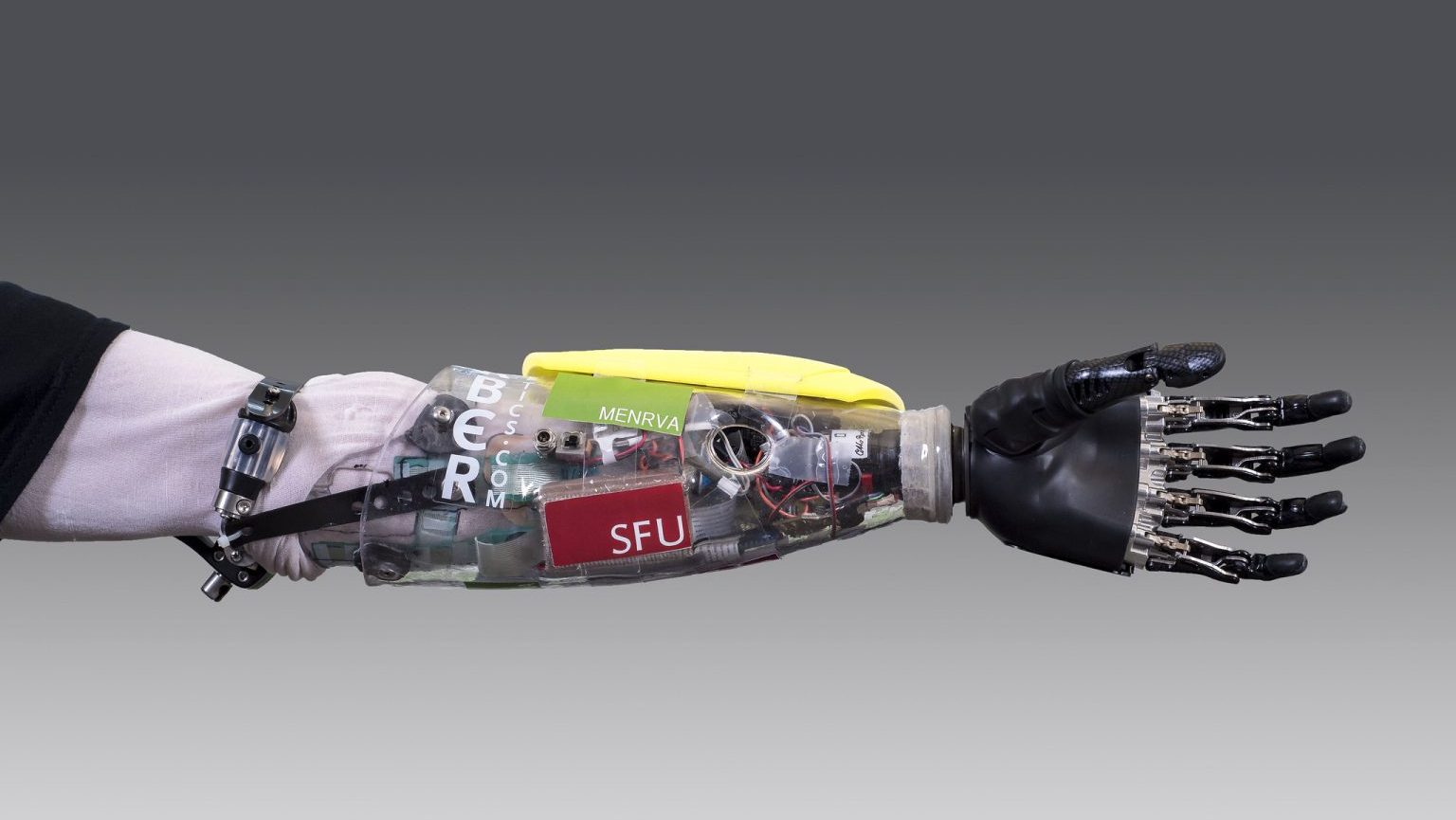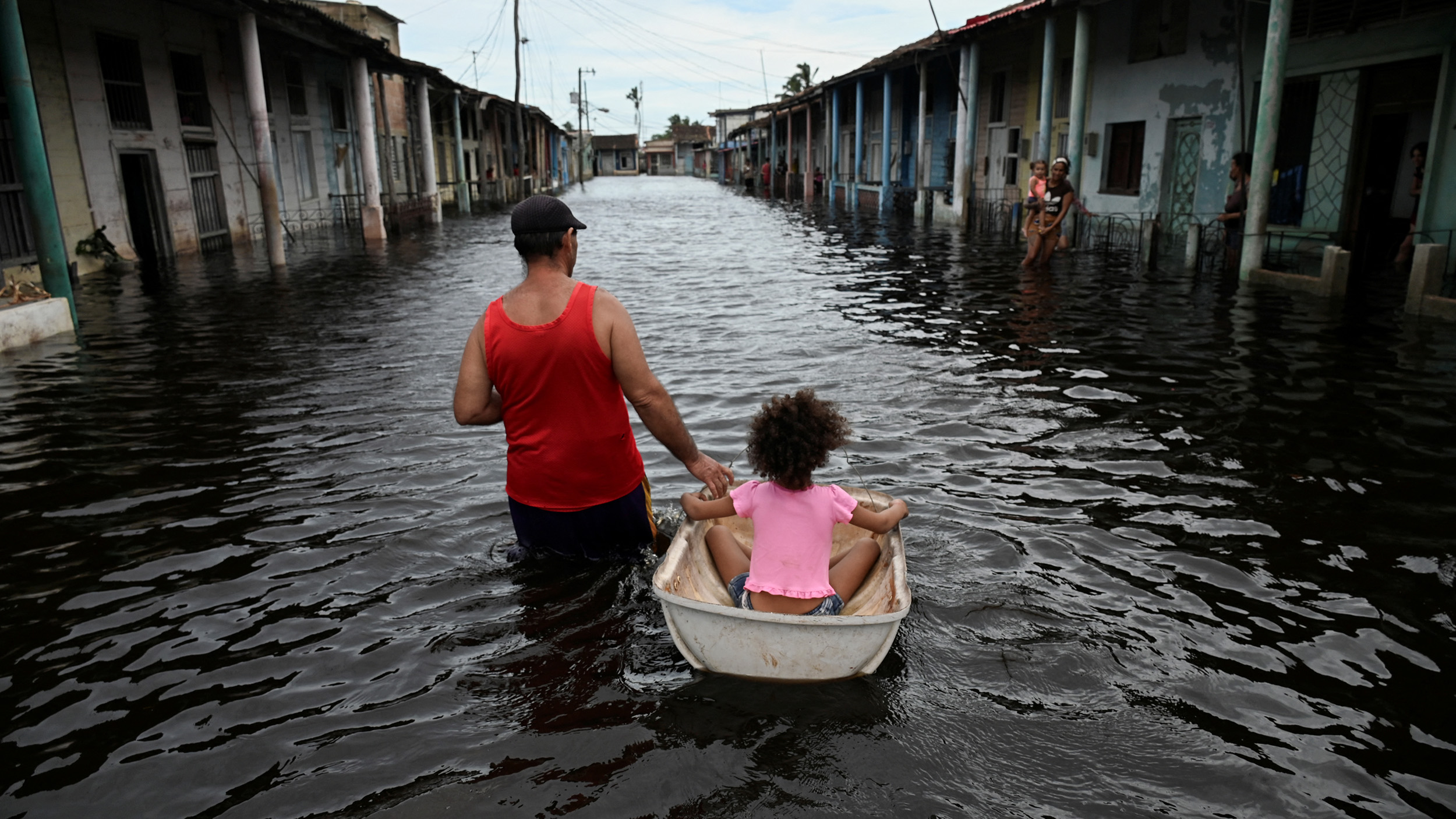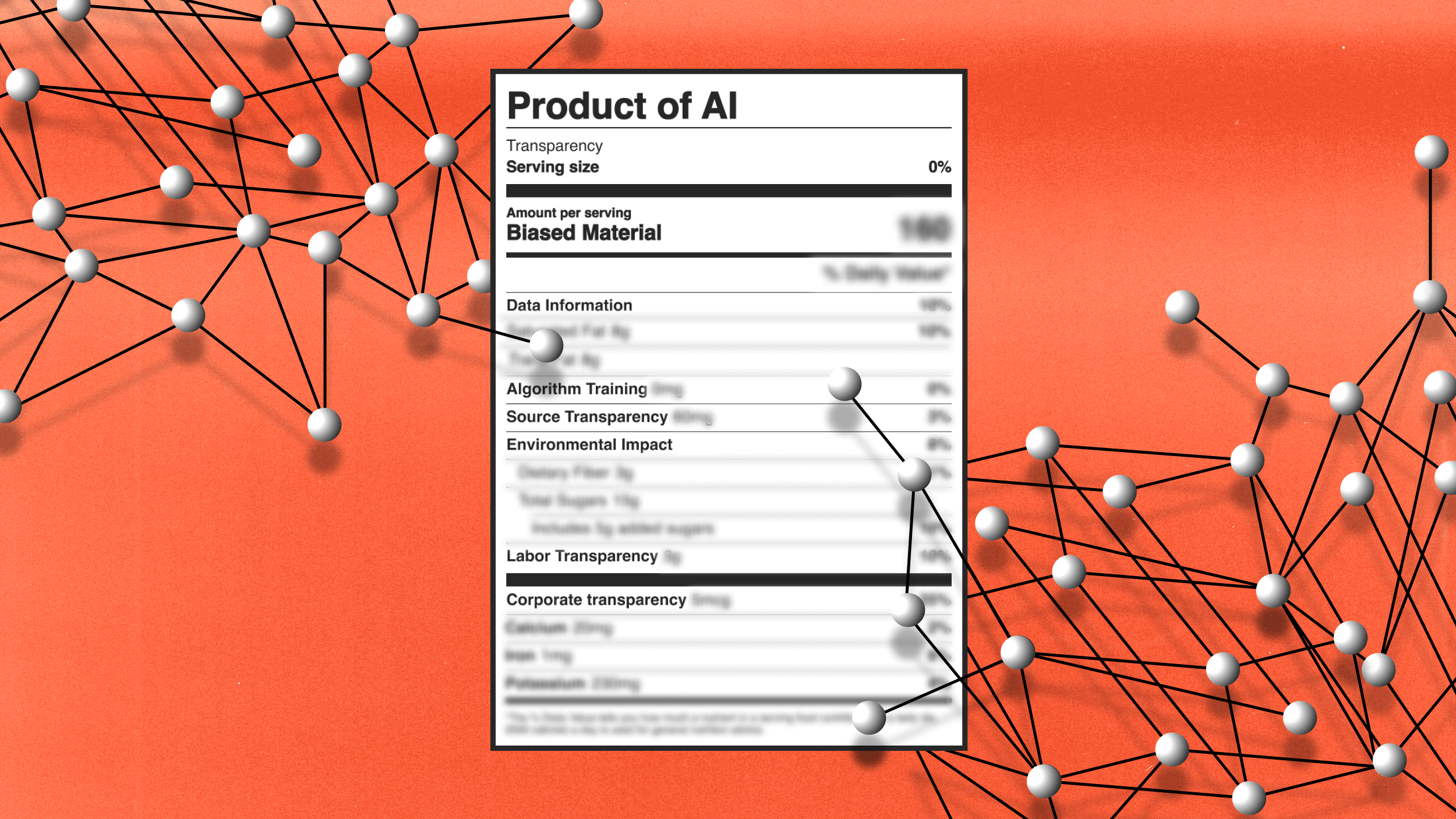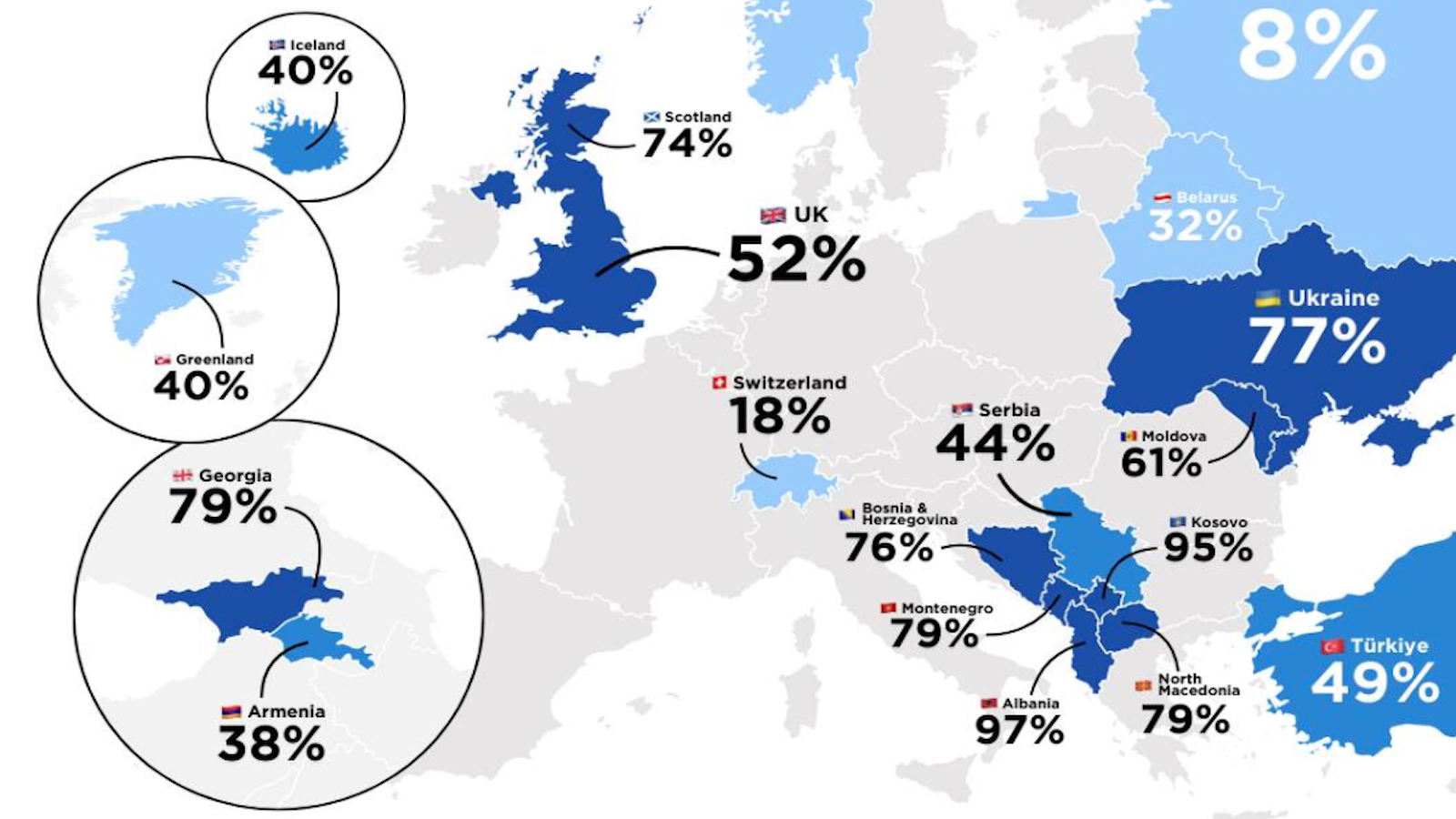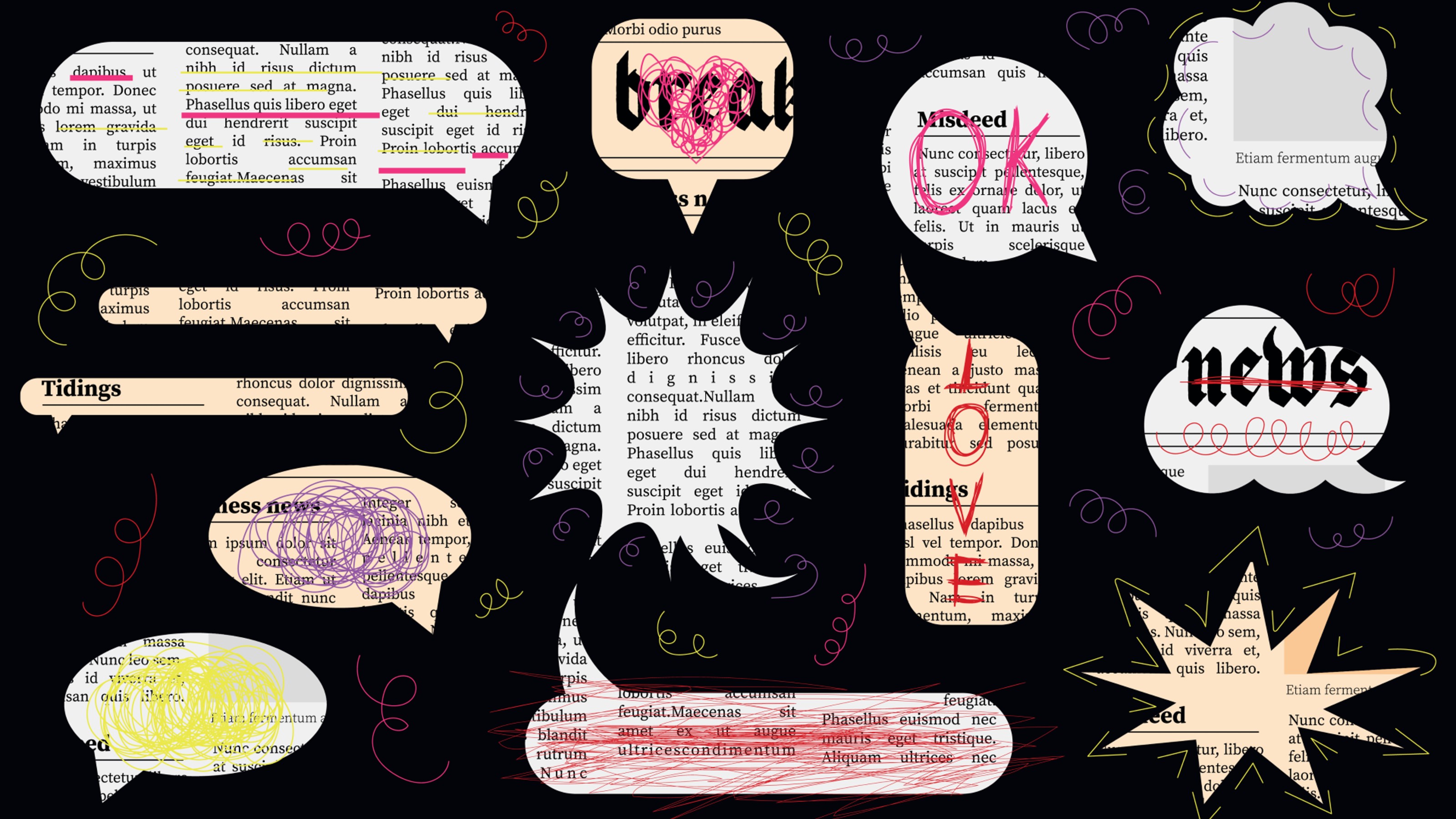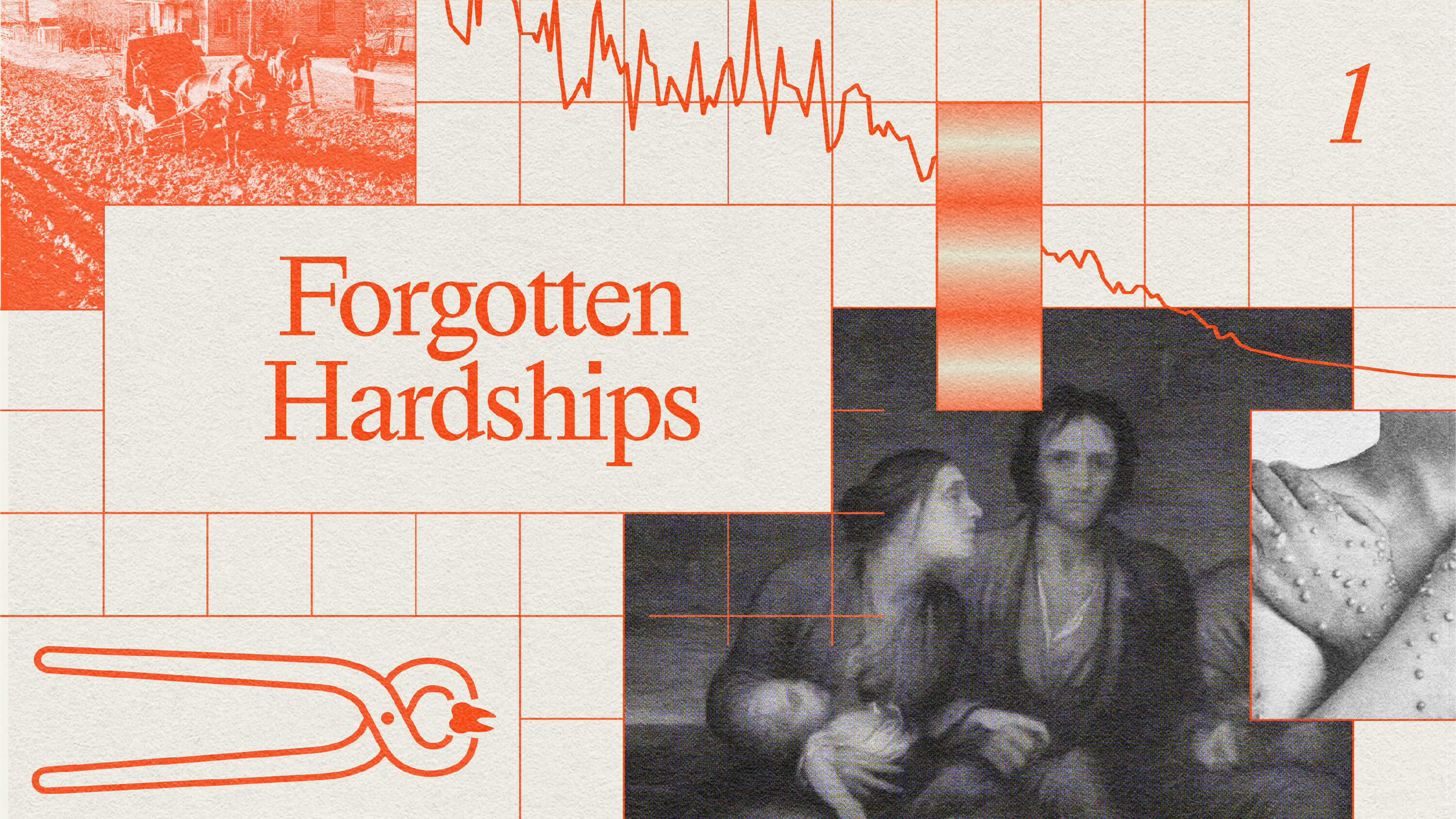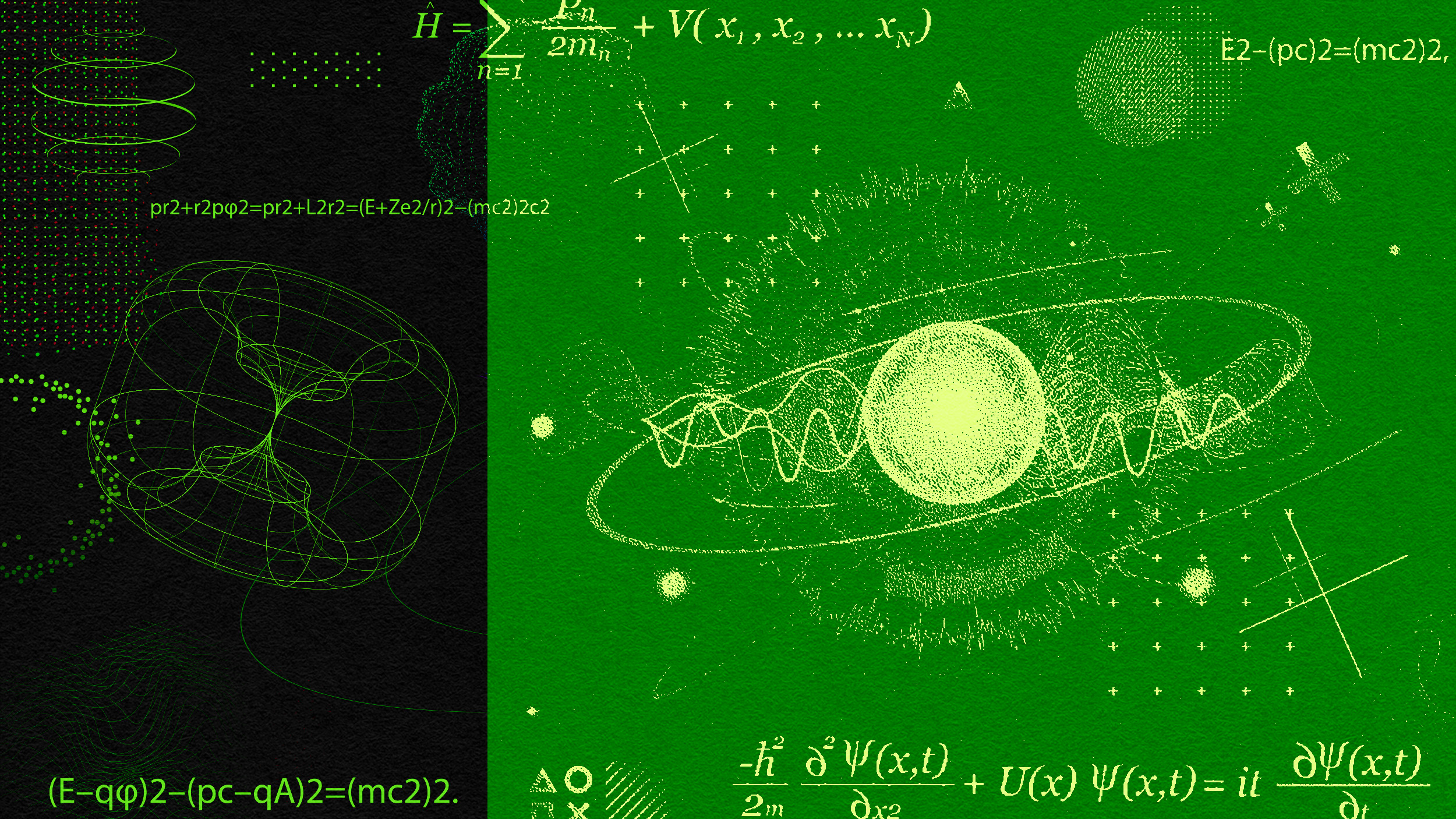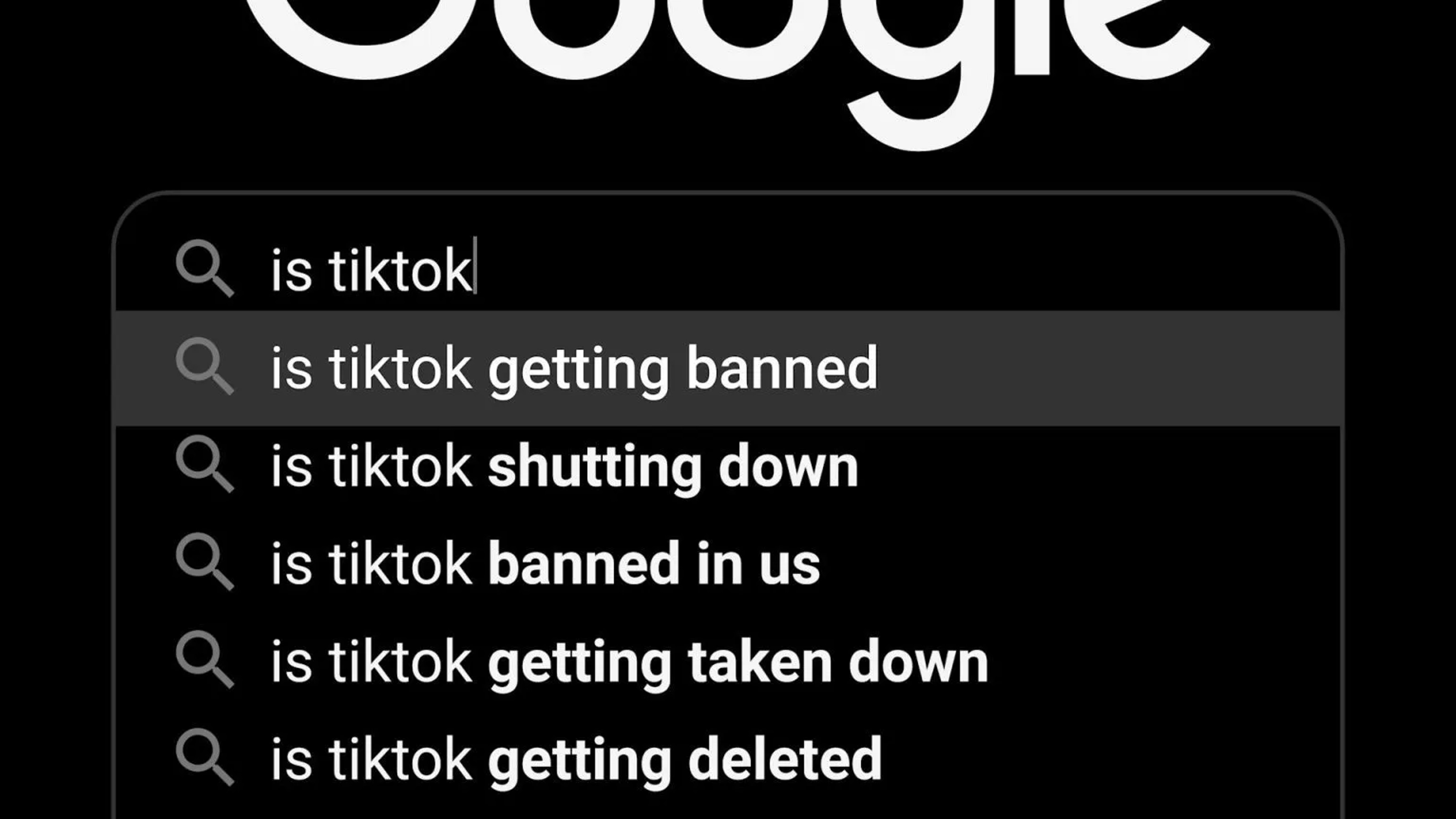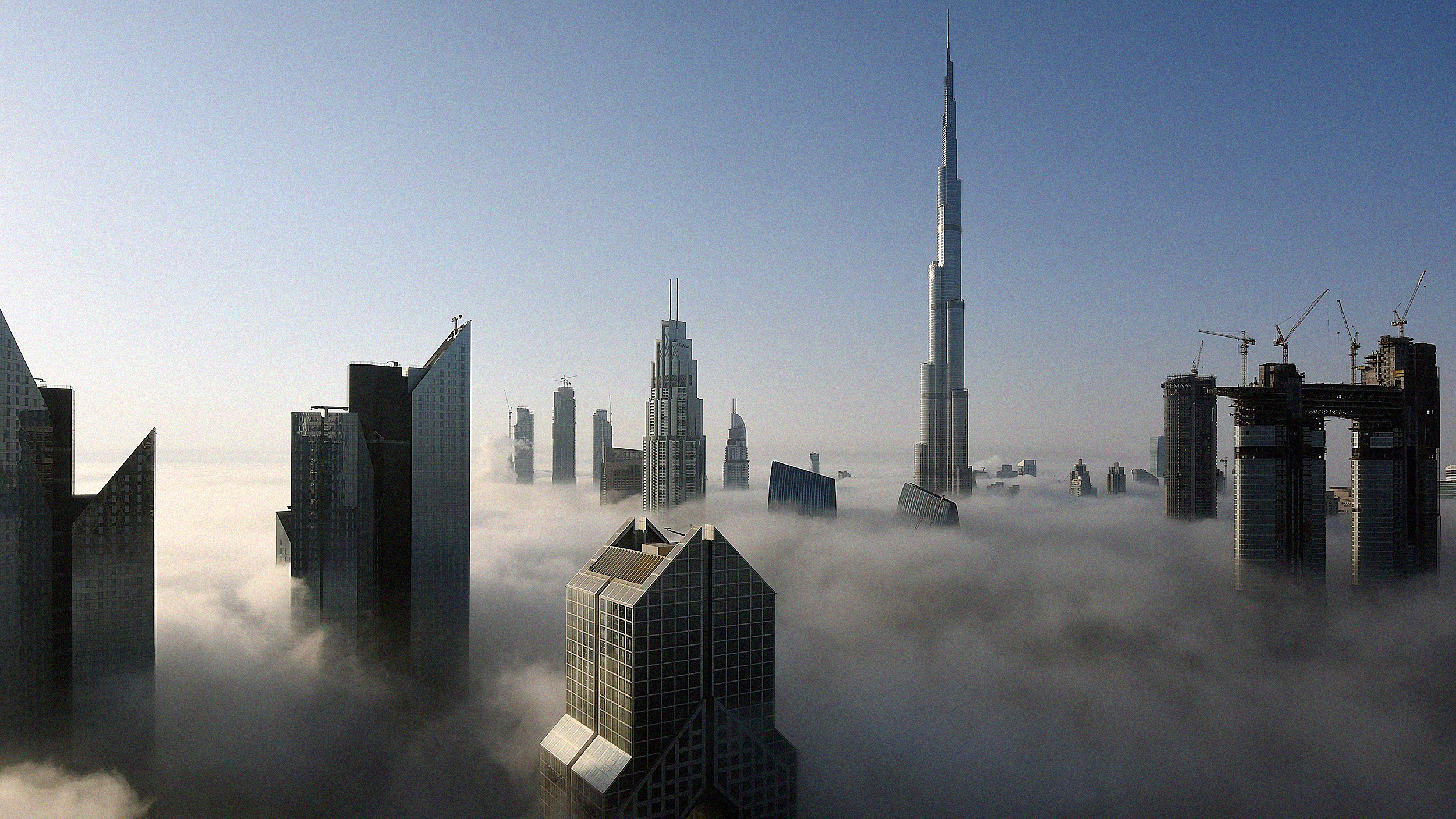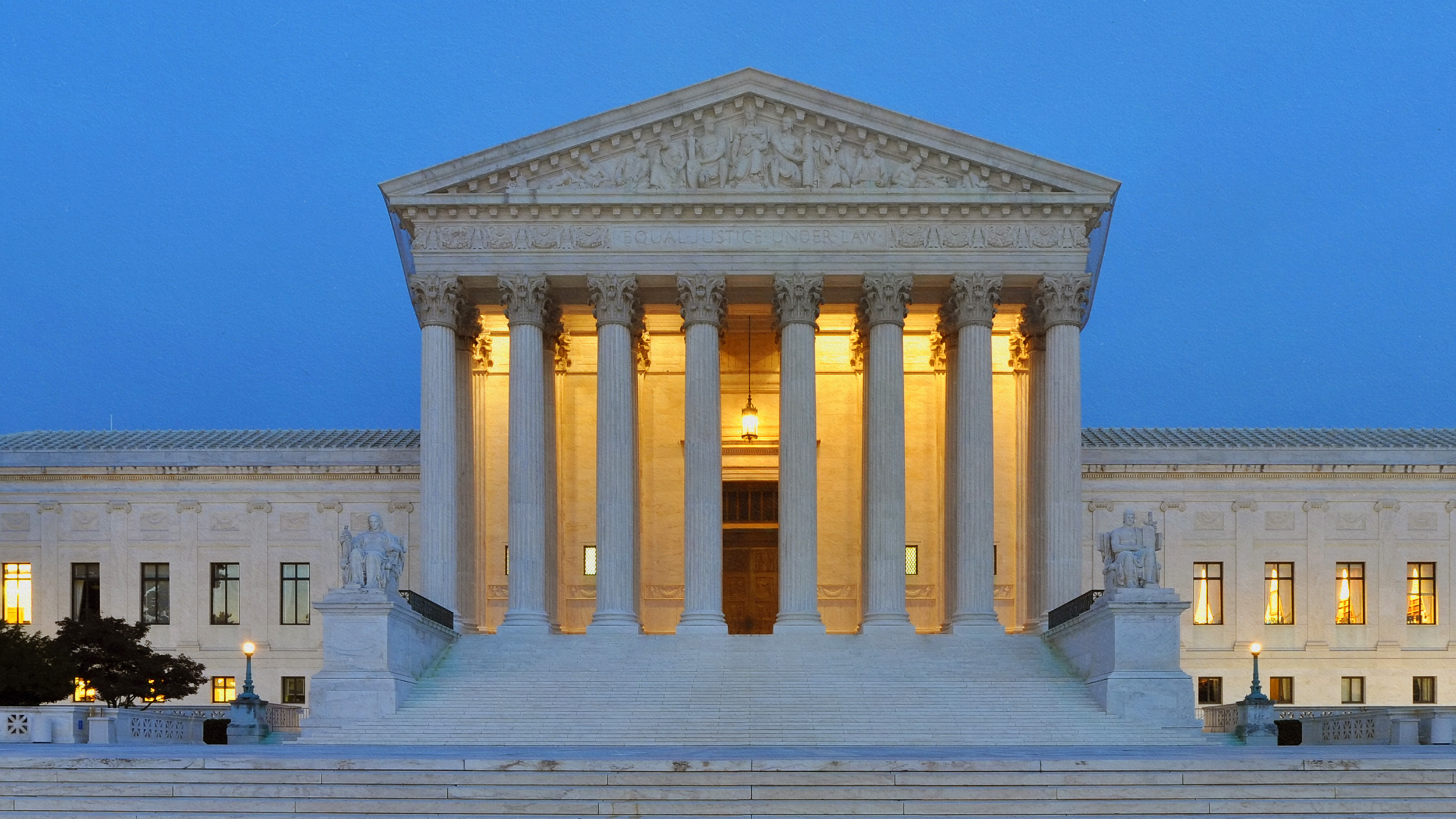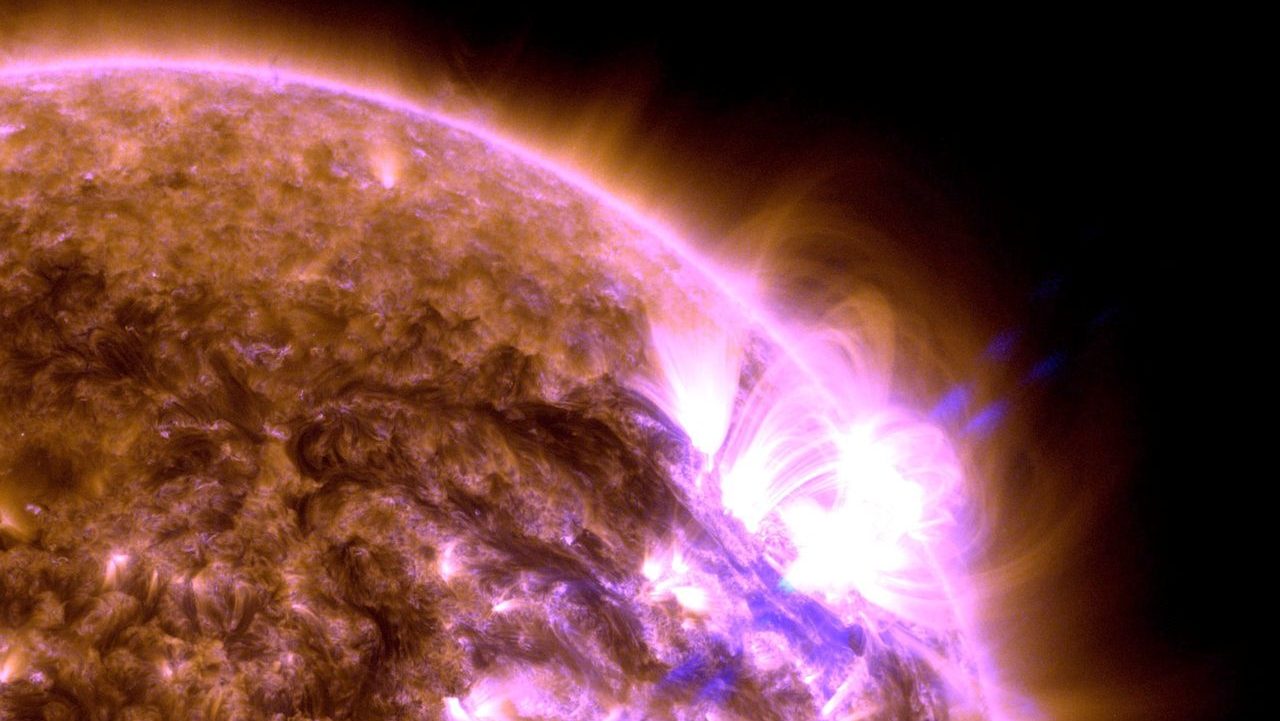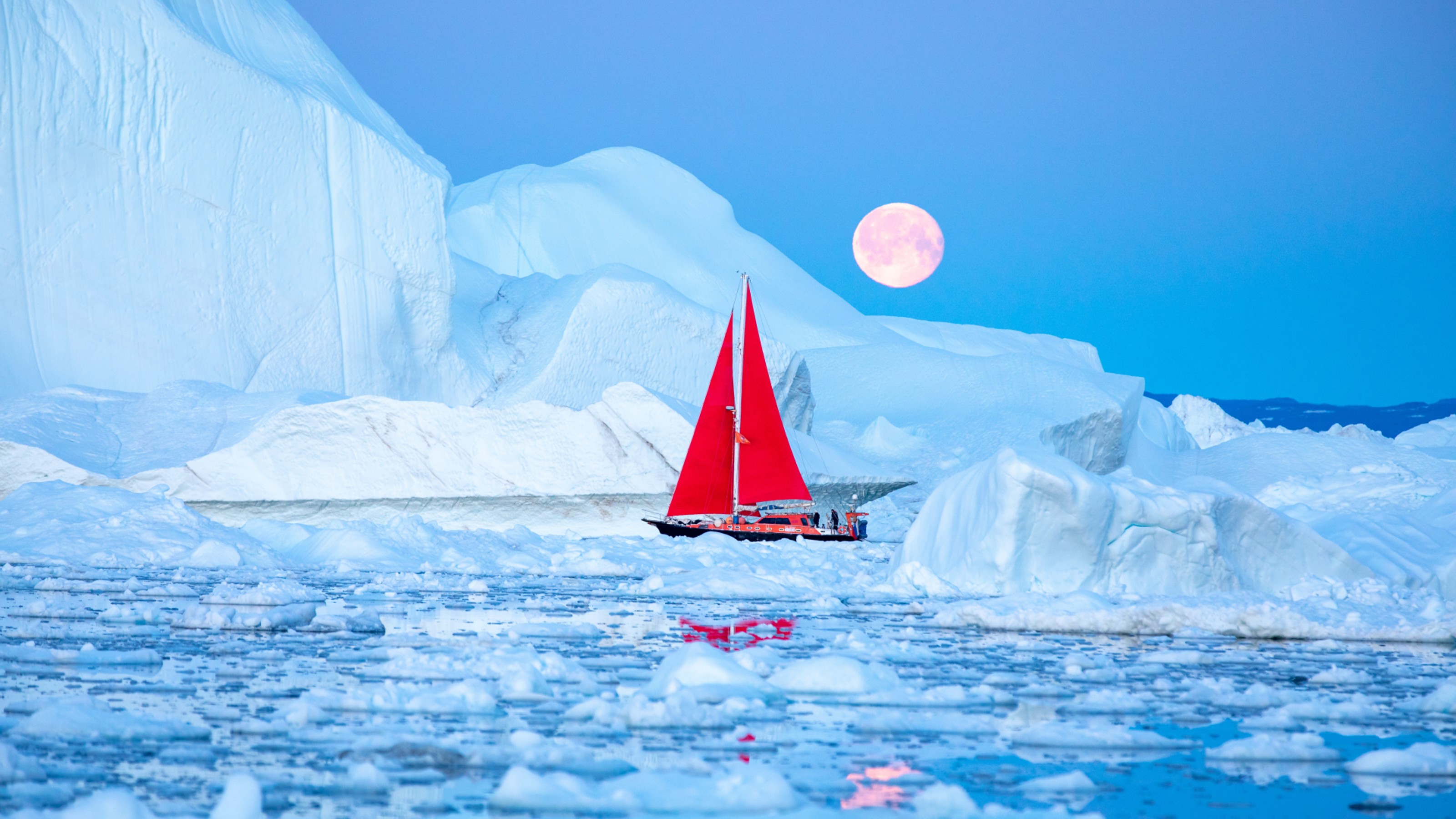Current Events
They’re in our brains, hearts, and blood — but what are they doing to us?
On November 25, U.N. members will meet in South Korea to cap off a series of meetings aiming to reduce global plastic pollution.
While we’re busy wondering whether machines will ever become conscious, we rarely stop to ask: What happens to us?
Off-the-shelf consumer technology is helping people pursue their interests — and advancing science at the same time.
Astronomer Adam Frank asks: With so many extraordinary claims, why can’t anybody produce the proof?
“The evolution of digital media makes stricter regulation of online behavior not only feasible but inevitable,” writes media ecologist Andrey Mir.
In partisan political times, recognizing the scientific truth is more important than ever. Scientists must be vocal and clear about reality.
The cat-and-mouse game between China and the world’s semiconductor companies is already having enormous consequences.
A prolonged strike could cost the economy between $500 million to $4.5 billion per day.
In the international competition, people with physical disabilities put state-of-the-art devices to the test as they race to complete the tasks of everyday life.
A deep dive into missing data and the limitations of disaster databases.
The electoral reform also known as instant-runoff voting promises bridge-building and broad appeal instead of culture war and gridlock.
It’s a problem on both sides of the political divide.
Cecilie Fjellhøy, from the Netflix documentary The Tinder Swindler, shares her experience.
AI has become a black box in more ways than one.
“We’re acting more like fans of a football team going to a game than a banker carefully choosing investments.”
The digital world will always entail risks for teens, but that doesn’t mean parents aren’t without recourse.
Absence makes the heart (and public opinion) grow fonder.
What are we supposed to do when experts look at the same data yet reach starkly different conclusions?
More accurate uncertainty estimates could help users decide about how and when to use machine-learning models in the real world.
And, more importantly, what’s being done to get them online?
Researchers are working nest by nest to limit the threat while developing better eradication methods.
In “Not Born Yesterday,” author and cognitive scientist Hugo Mercier makes the case that misinformation is overrated — and other human foibles are underrated.
9 minutes of cruel history may cure the anti-progress delusion.
The evolution of quantum technology is far from over.
TikTok and its allies won’t go down without a legal fight.
Saudi Arabia’s Jeddah Tower is poised to become the world’s tallest building. What’s behind the century-plus drive to build ever taller skyscrapers?
Should social media platforms have the right to decide what speech to allow online? Should the government?
Northern lights in the American South, clusters of huge geomagnetic storms—the Sun is throwing a tantrum right on schedule.
Lynda Gratton, a professor of management practice at the London Business School, explains how business leaders can navigate a future in constant flux.



